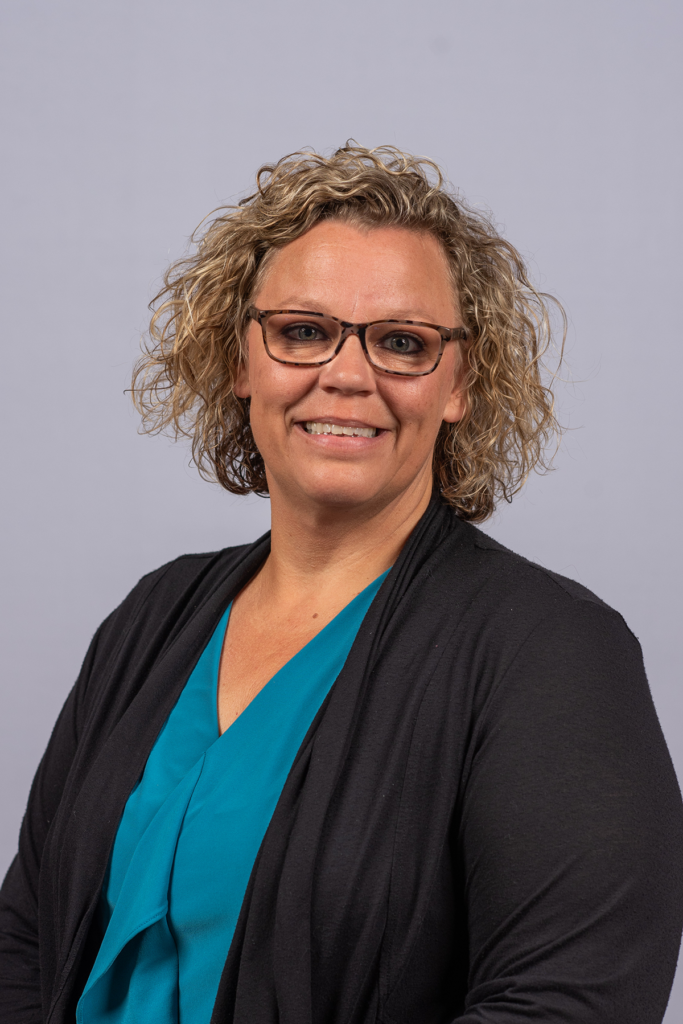RECYCLING SPOTLIGHT: POP QUIZ!
Take the true or false pop quiz on recycling vs. landfills. True or False: 6 out of every 10 people in the US recycle? True or False: More people are employed by the landfill process than the recycling process? True or False: Recycling in the U.S. is a valuable export? True or False: Recycling can […]

